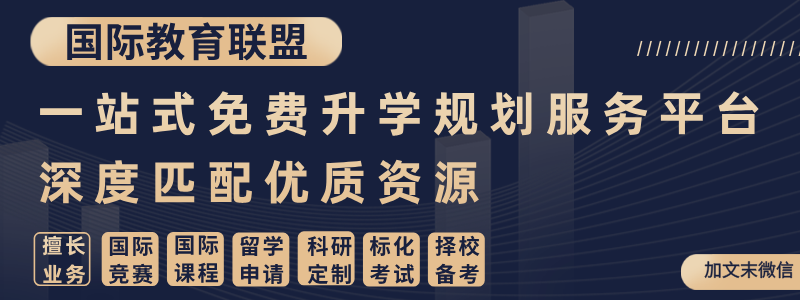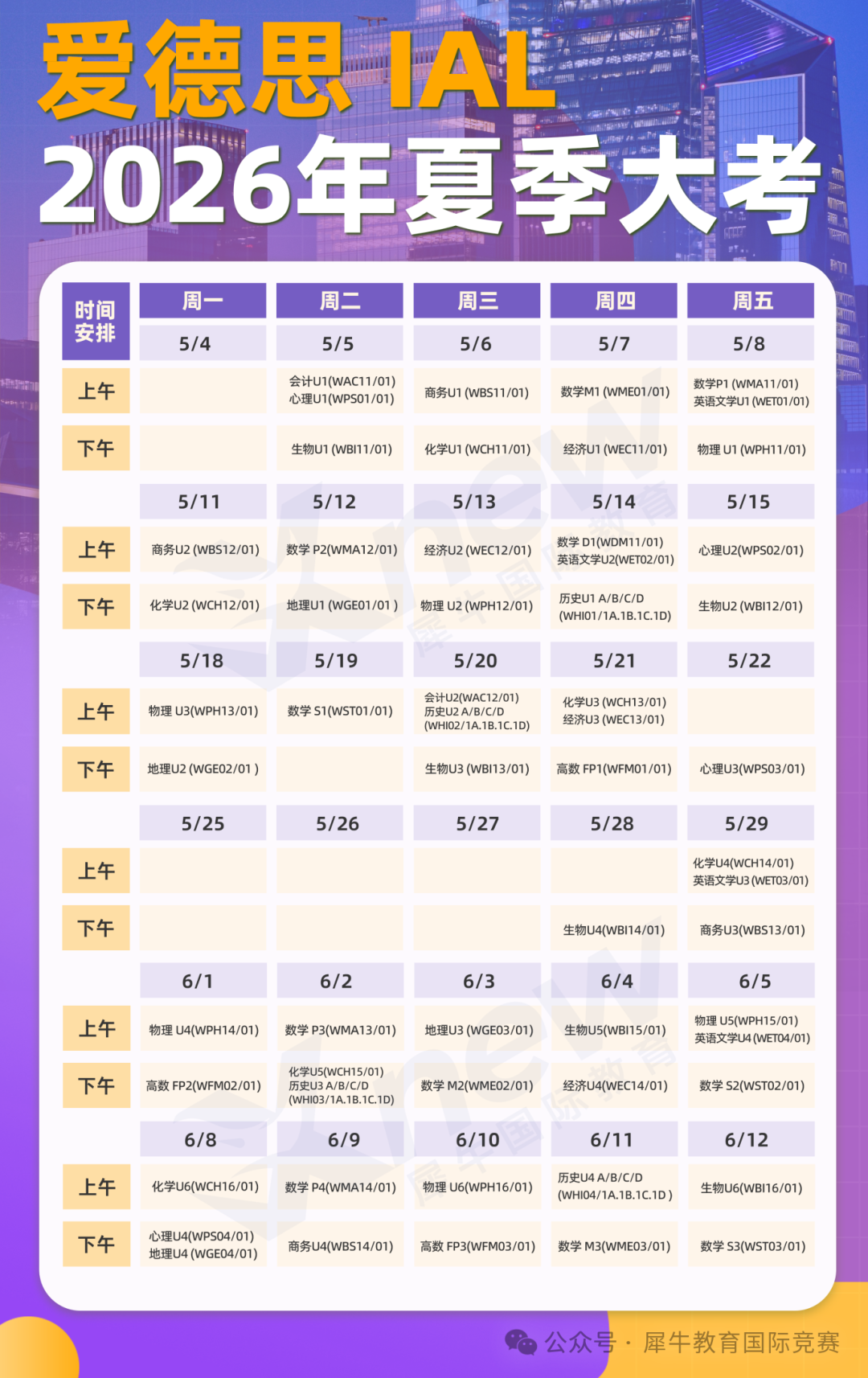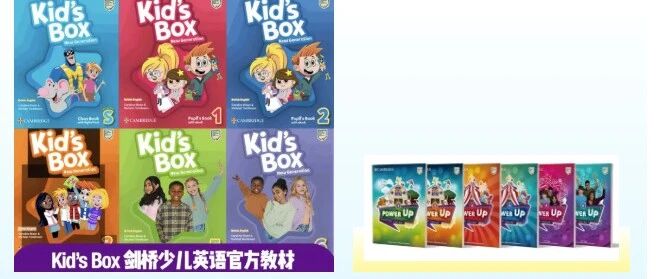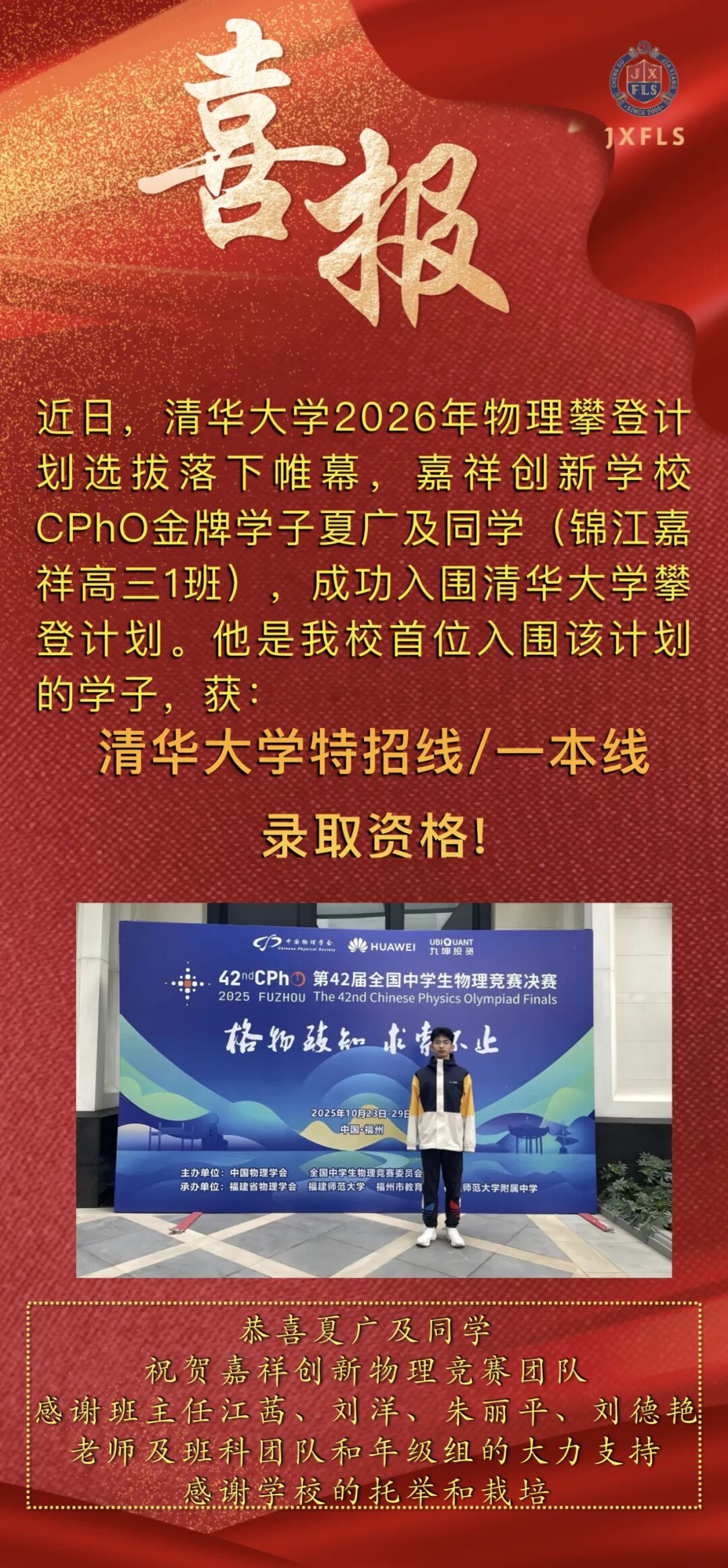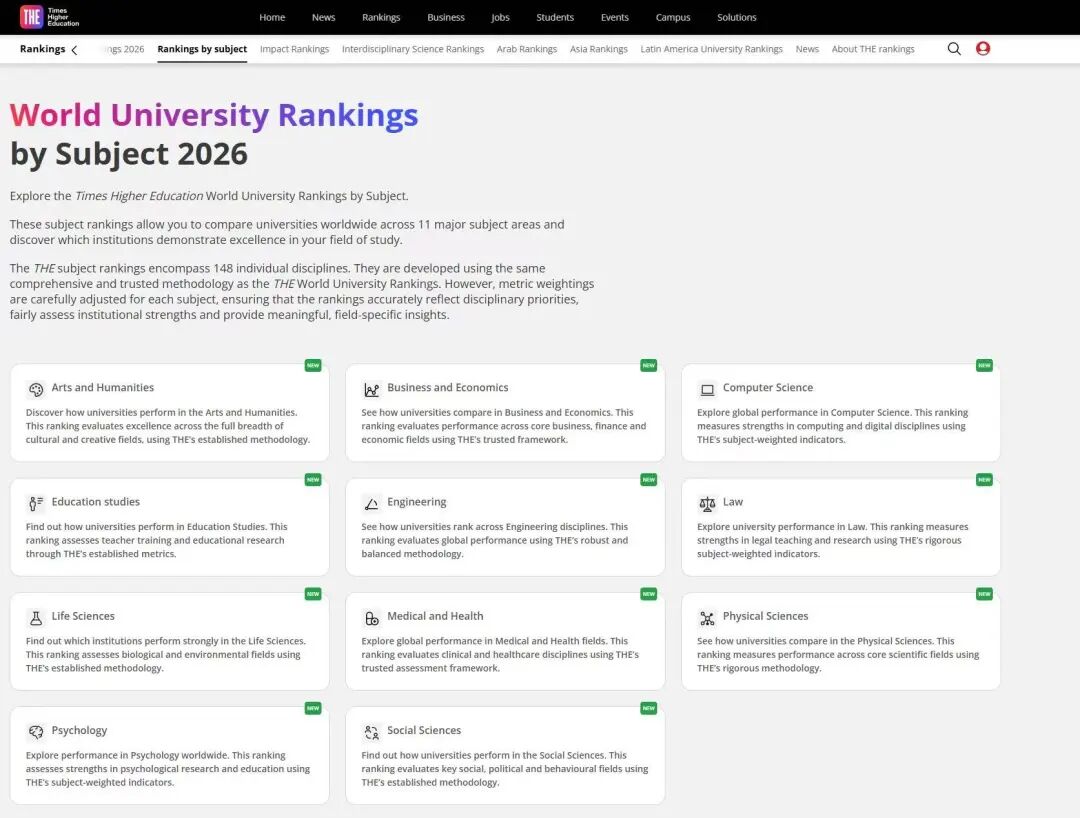上篇文章,老师整理了藤校的文书范文合集,今天接着介绍美国其他顶尖院校官方发布的文书范文合集。
01、Johns Hopkins University
约翰霍普金斯大学
约翰霍普金斯大学( Johns Hopkins University, JHU)在其本科招生页面上设了一个专栏,叫做 “Essays That Worked”。里面每年都会收录数量不等的被JHU录取学生的优秀文书以及官方点评。
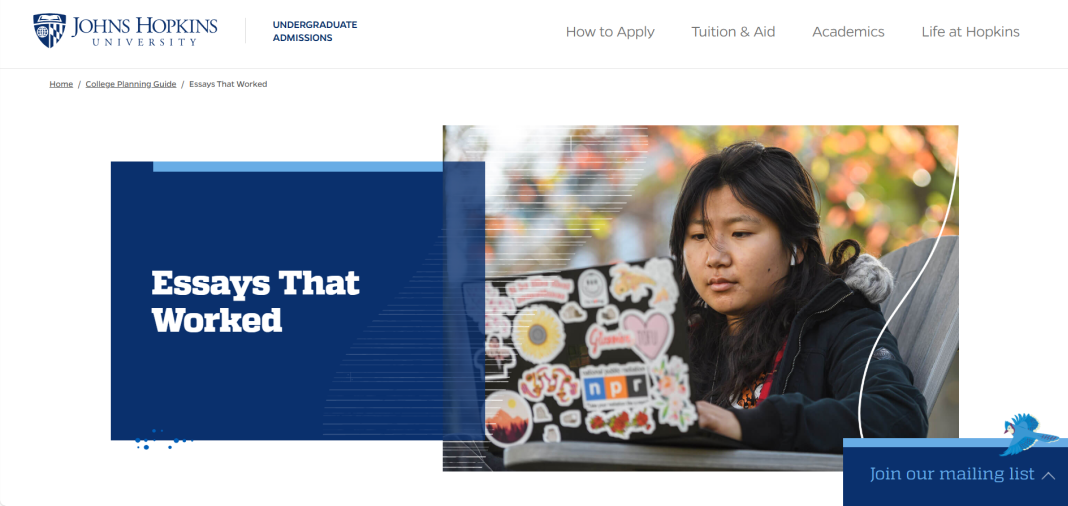
“Essays That Worked”专栏封面
除了查看本年的文书范例,还可以在这个网址查看到以前年份的文书范例。我们只需要点击下方的“More Essays That Worked”模块,就会自动跳转到文书范例的总库。

“More Essays That Worked”模块
02、New York University
纽约大学
不像哈佛、JHU这些学校每年都会公布几篇申请者的优秀文书供申请者参考,纽约大学很少这样做。
不过前段时间纽约大学罕见地面向全球申请者公开发布了四篇由招生办公室官方认证的优秀文书范例,这四篇文书不仅曾获得招生委员会的高度认可,更在题材选择与表达方式上展现出极高水准,涵盖文化认同、社会公平、艺术表达与学术成长四个核心主题,几乎囊括了近年来常见的热门文书方向。

1、Santería
文书题目:有些学生拥有独特的背景、身份、兴趣或才能,对他们而言,如果不展现这些,申请材料就不完整。如果你是这样的人,请分享你的故事。
这篇文书探讨了作者在家族宗教信仰(Santería)与个人身份之间的矛盾与认同,最终转化为自我认同与文化力量的表达。
In her cramped kitchen, Titi Nana cracked the egg in the center of the pan, the cheeriness of the bright yellow yolk contrasting the harshness of the caldero. In a flourish, she jerked the bottle of alcohol in her hand, flames erupting from the griddle. She instructed me: "Wipe it all off," gesturing to dust off my shoulders and arms into the inferno. I laughed nervously as I removed the maldad [evil] from my body, one brush at a time.
I left Titi's apartment that day confused about how our family's practice of Santería [witchcraft] fit in with my outward embrace of my heritage. I felt as if the parts of my Latina identity I claimed openly—dancing salsa to Celia Cruz or enjoying lechón y arroz con habichuelas en Navidad—were contradicted by my skepticism towards Titi's rituals. My experience with Santería wasn't new, as proven by my mother's kitchen altar lit dimly by prayer candles and adorned with evil eyes, statues of San Miguel, and offerings to Elegua; however, I'd never before witnessed such a tangible demonstration of my family's ritualistic beliefs. Although it surrounded me, I refused to believe in the effects of Santería... so I shunned it entirely.
Moving to a predominantly white boarding school and away from the rituals my family had passed down, I avoided addressing the distance I had wedged between myself and my background. I pushed away all things Latina as my fear of failing to honor my Puerto Rican heritage intensified. This distance only grew as my classmates jokingly commented on my inability to speak Spanish and my white-passing complexion, further tearing away bits of my Latinidad with each snide remark.
In an effort to build myself back up, I began to practice the small bits of Santería that I comprehended: lighting candles for good luck, placing a chalice of water by my bedside to absorb all maldad, and saying my prayers to San Miguel and my guardian angels each day. To my disbelief, the comments that attacked my Latinidad, or lack thereof, faded along with the aching feeling that I had failed to represent my heritage. As I embraced the rituals that I initially renounced, I finally realized the power in Titi's practices. In all of her cleansing and prayer rituals, she was protecting me and our family, opening the doors for us to achieve our goals and overcome the negativity that once held us back. In realizing the potential of Santería, I shifted my practices to actively protecting myself and others against adversity and employed Santería as a solution for the injustice I witnessed in my community.
Santería once served as my scapegoat; I blamed the discomfort I felt towards black magic for the imposter syndrome festering inside me. Until I embraced Santería, it only served as a reminder that I wasn't Latina enough in the eyes of my peers. Now, I understand that while intangible, ethereal, even, the magic of Santería is real; it's the strength of my belief in myself, in my culture, and in my commitment to protect others.
2、Suburban vs Urban schools
文书题目:描述一个你已经解决或希望解决的问题。它可以是一个智力挑战、研究问题、道德困境——任何对你个人而言具有重要意义的问题。解释这个问题为何对你重要,并阐述你采取了哪些措施来解决它。
这篇文书描述作者在不同类型学校(郊区 vs 城区)的教育资源差异中意识到的不平等问题,以及激发起的社会责任感。
They talked about the past, but never the present. In my suburban schools, they talked about Martin Luther King Jr., and Harriet Tubman, and Rosa Parks, but for some reason, not Malik el-Shabazz. I use his chosen name because that's probably what he would've wanted and because Malcolm X was mentioned in passing. My ancestors had their own struggles with white people, but no generational impact that holds a light to American slavery. My parents come from a land I only know by name and the stories they tell, and whatever I can gather from Google Maps. While I am African, I mentally distanced myself from true African-Americans; I did not deserve pity for the unspeakable horrors, nor praise for their strength and hope in face of them. In my school, there were barely ever any black kids in my class, and no true African-Americans, so I was the sole focus during lessons on Blackness, where they'd look at me, or avoid eye contact. It wasn't until I transferred to an inner-city high school that I saw the truth. It wasn't until I went from the blue and glass monsters that rose out of the ground like mountains in my suburban high school, to the small brick building with gated windows in Boston, that I realized there were schools 20 miles away with mostly kids of color. They were not that different from kids in the suburbs, except for their choices.
I moved in with my dad in Boston, transferring to a small school in the city. In three months at my suburban high school, through a rotating schedule in a labyrinth of opportunities, I needed my schedule every day. On my 3rd day at my Boston school, I knew exactly where to go. For the first time, my schedule was given, not created. The gated windows intimidated me on my first day, and I thought the kids would be crazy or "hood". What I really discovered was a lot more of them looked like me. There were over 200 students at this school, almost entirely students of color, and a majority white staff. There were no real electives and only one language available at the school. I had to go back a year in math because the system wasn't designed for students ahead in other districts. We didn't even have a full-time nurse. Students take public transportation, and kids from three different schools had to fit on buses that fit 38 people. Some bus drivers did not care enough to get every student on board. The ones that did broke federal guidelines. For lunch, every student in Boston is qualified for free meals, a fact frequently thrown around like an accomplishment, but in truth, the lunch is worse than prison food. I've seen kids search for seconds of this stuff, while students in the suburbs complain about "limited" choices.
So, what's the difference between inner-city schools and suburban ones? Well, it's a series of simple decisions, compounded into disastrous circumstances. I'm afraid the real question is, what's the difference between inner-city kids and suburban ones? The only difference I've seen is that most suburban kids look like the founding fathers we learn about in class, and most of the inner-city kids look like the slaves they bought and bruised. My experience at three vastly different high schools has shown me these problems in educational disparity are closer to home than we think, a crucial misstep in correcting the wrongs of this country. These experiences have given me a unique perspective, and a responsibility to act. I'm planning a protest when schools open back up, which isundefined. There are solutions to these problems, but inaction perpetuates. As King once said, "the arc of the moral universe is long, but it bends towards justice." Almost 70 years after Brown v. Board of Education, equality hasn't been achieved, so we'll fight to achieve it.
3、Friday Night Concerts
文书题目:有些学生的背景、身份、兴趣或才能如此重要,以至于他们认为如果不表达它,申请材料就是不完整的。如果你是这样的人,请分享你的故事。
这篇文书讲述作者通过和父亲听音乐的日常交流激发了对音乐的热爱,并自学钢琴,最终将其作为一种自我表达和成长的方式。
During my sophomore year, my dad and I established a Friday after-school ritual. My 90-minute commutes home from school are normally devoted to studying, but Fridays are reserved for listening to music with him. We alternate picking songs: a shared favorite or something new. These long car rides sparked my curiosity in music.
I began reading books about our favorite artists and roaming Spotify for hours, listening to a variety of new songs. My playlist ranged from The Beatles and Queen to Ella Fitzgerald, Debussy, and even Montserrat Caball. Most nights I lie in bed with headphones. Music is not background noise, but an immersive experience. I love to let the melody overtake me, to have the volume so high that I can hear every lyric, every crack and nuance in the singer's voice.
One night I was listening to Bohemian Rhapsody, completely captivated. I loved how the melody made me feel--thrilled yet distressed. I craved more. I wanted to participate, to obtain what felt like magic. So I hurried downstairs to our home piano -- an ancient Costco keyboard missing half the keys. I'd never played before, but was determined to learn the song. I first relied on Youtube videos, and soon progressed to other songs using just my ear. My parents, with enough convincing, agreed to buy me a used piano.
So my dad and I were back in the car. One bleak winter night, we pulled into a gravel driveway, the parking lot of an aging, shack-like store. My dad glanced over at me, raising his eyebrows. "I'll go in first."
The door creaked open, revealing a glossy black piano. It stood directly in the center of the room, twinkling,bathing in the blinding ceiling lights. I rushed to the piano, running my hands along the ivories, feeling their weight push against mine--oh the magic of a full set of keys!
It wasn't long before I released the full potential of my weight, striking the first chord to Bohemian Rhapsody. Rich, smooth notes poured out from the piano, swirling through the air in bursts of color. They rushed through me, lit up my eyes, tugged at my heart, until I was completely consumed in their bright, pulsing waves.
I used to think grades were an estimation of my self-worth; I thought fixating on them would fulfill me, when, really, I was unhappy. Music brings me balance and joy.
I love escaping through songs and fully absorbing theartists' pain or excitement.Playing the piano makes these emotions tangible, and it's empowering and liberating. It gives me something else to challenge and identify myself with. It gives me another source of fulfillment, one that's even more rewarding, because I pursue it independently.
I practice for hours every day, perhaps to the annoyance of my family. But I know they're proud, especially my dad. He's never one to shower me with compliments, nor belt along behind me at the piano. But I feel his pride when he blurts, "You should learn this song" in the car, or when he prompts me to play at holiday parties, his beaming reflection in the piano's lacquer.
I'm proud of myself, too. I don't know exactly what I want to do with my love for music or piano. I don't fancy myself as a concert pianist, nor do I strive to become one. I play for the feeling. I'll never tire of completing a song,when my heart sings and my eyes start to swim, because every note, every beautiful wash of color, I earned myself.
4、Three-Headed Monster in ELA Class
文书题目:请提交一篇你自己选择的文章。这可以是你已写好的,也可以是回应其他申请问题的内容,或是你自己设计的主题。
这篇文书记录了作者面对一次考试失败的心理历程和如何转变学习策略,实现真正的成长,并结合学术兴趣和职业规划谈到了自己对生物学和麻醉医生职业的热爱。
I was sitting at my desk in freshman ELA class, as confident as America's Top Model walking down the runway. It was the end of class and I was excited to see how well I did on the first quiz of the year. My eyes were stalking my teacher as he walked through the aisles, passing back the quizzes. As was the case growing up, I couldn't wait for my teacher to put my quiz on my desk so I could flip it over for the world to see my A. Finally, the moment arrived. I flipped over the paper, expecting fireworks and confetti to come down when I locked my eyes on my grade. The only problem was that there was no A in sight.
All my life, I've felt pressure to achieve the highest grades to honor my mom's sacrifice. She walked away from everything she knew in the Dominican Republic so that we could immigrate to the United States when I was nine. Her goal was for me to receive a better education and have more opportunities. Getting below an A meant that I wasn't trying hard enough and that my mom sacrificed in vain. The pressure from my mom was so consuming that my perception of a successful education was entirely defined by grades. My most efficient strategy for earning A's was memorizing what my teachers taught me and spitting it back out on tests. Since this strategy was so effective, there was no need worrying whether I learned the material or not. I was getting great grades and my mom was pleased, so I was content.I stared at the C at the top of the quiz like a three-headed monster. My world was crashing down. My first thought, which I quickly dismissed, was that I needed to transfer. However, I'm not the type of person to run from a challenge. I started to rethink how I could engage the course material, rather than simply memorize it. It was clear that my old ways had gone extinct. Instead of cramming, I began studying a week before an exam. Instead of expecting to master a skill when the assessment came, I sought feedback on my progress weeks before the assessment in order to improve. After implementing these new strategies, I not only earned A's again, but I was able to gain life-long learning skills.I now have the knowledge and mastery of skills to succeed in college. Now that I recognize the true learning process, I have the power to continue to strive for success. When I took Biology in high school, I was fascinated by being able to develop an in-depth understanding of our bodies and the world around us. Biology allowed me to think critically and to see beyond the surface. Specifically, I enjoyed having the opportunity to apply my knowledge in labs by generating hypotheses and testing them. I'm looking forward to taking advantage of your resources to participate in research and prepare for a career as an anesthesiologist.I aspire to be an anesthesiologist because I hope to help people ease their fears and pain when going into surgery. I recognize that becoming an anesthesiologist is a difficult task, but thanks to lessons I've learned, I'm excited to overcome challenges thrown my way the same way I overcame my struggles in ELA class. Facing that challenge, and discovering the power of learning, helped me grow immensely. Truthfully, there will always be fireworks and confetti in my head at the sight of an A, but I now recognize that the learning is far more lasting than an A.
此外,纽约大学为本科生提供校园信息的官方网站“Meet NYU”上,发布了多篇由纽约大学招生委员会写作的文书写作指南,写文书的时候可以参考。
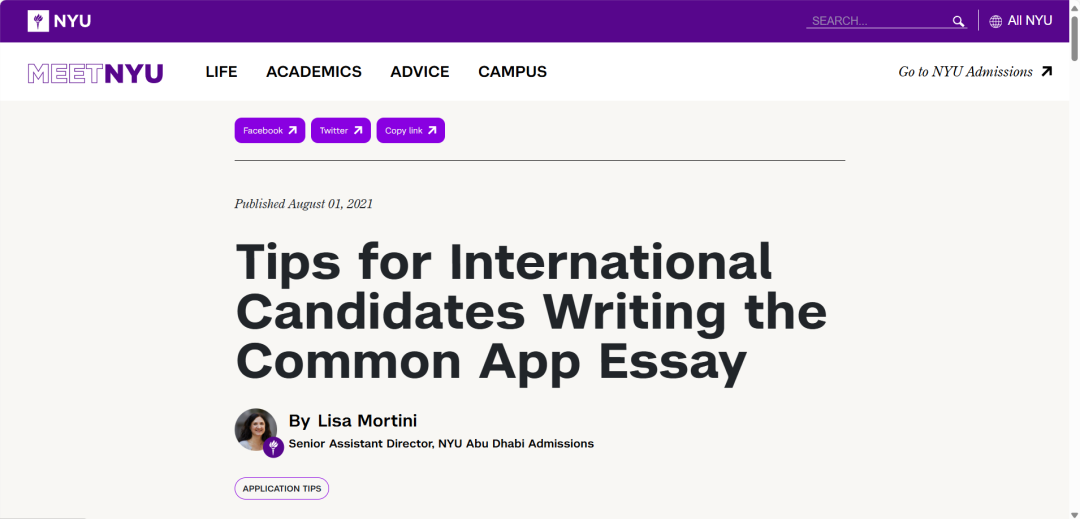
03、Emory University
埃默里大学
埃默里大学会定期在自己的招生办博客“Inside Emory Admission”上与大家分享一些他们认为比较有价值的申请文书。
每一篇都是从录取新生中,精挑细选出各种主题的、各种申请背景的优秀文书,旨在从素材选择、文章结构、语言表达等方方面面给予同学们极具实用性的写作参考。
埃默里大学招生办博客“Inside Emory Admission”链接:
https://blog.emoryadmission.com/
进入链接后,同样点击右上角的“search”,输入关键词“personal statement”,就可以看见多篇带有亮点讲解的申请主文书范例原文了。
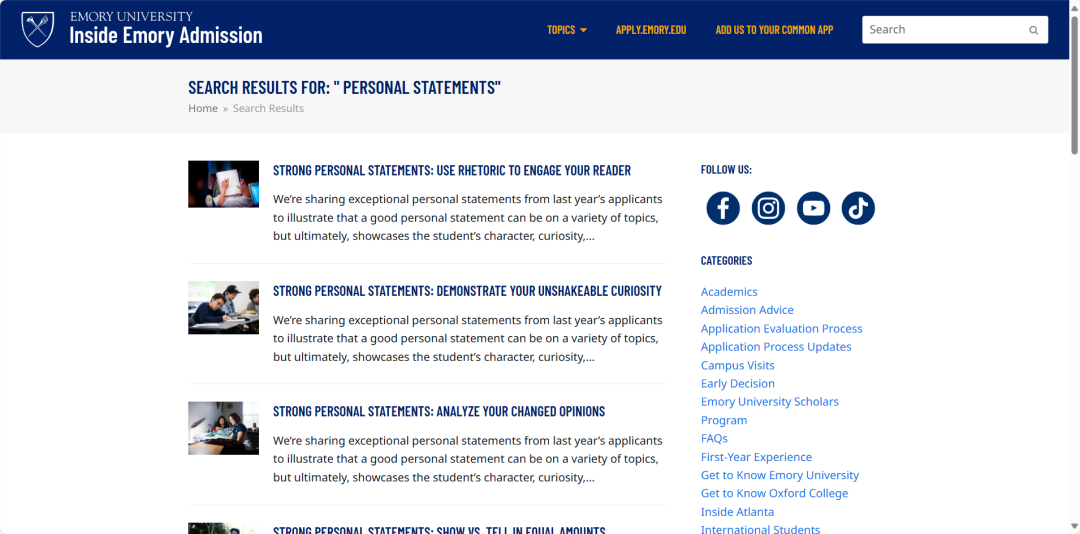
埃默里招生办博客“Inside Emory Admission”的界面
04、Hamilton College
汉密尔顿学院
汉密尔顿学院在其官网的“Essays that Worked”板块公布了一共4届录取学生的文书,分别是2007届、2012届、2018届和2022届,共30篇左右。
这些文书来自不同背景、不同经历的学生,而且他们的写作水平也非常出色。
汉密尔顿学院官网的“Essays that Worked”链接:
https://www.hamilton.edu/admission/apply/college-essays-that-worked
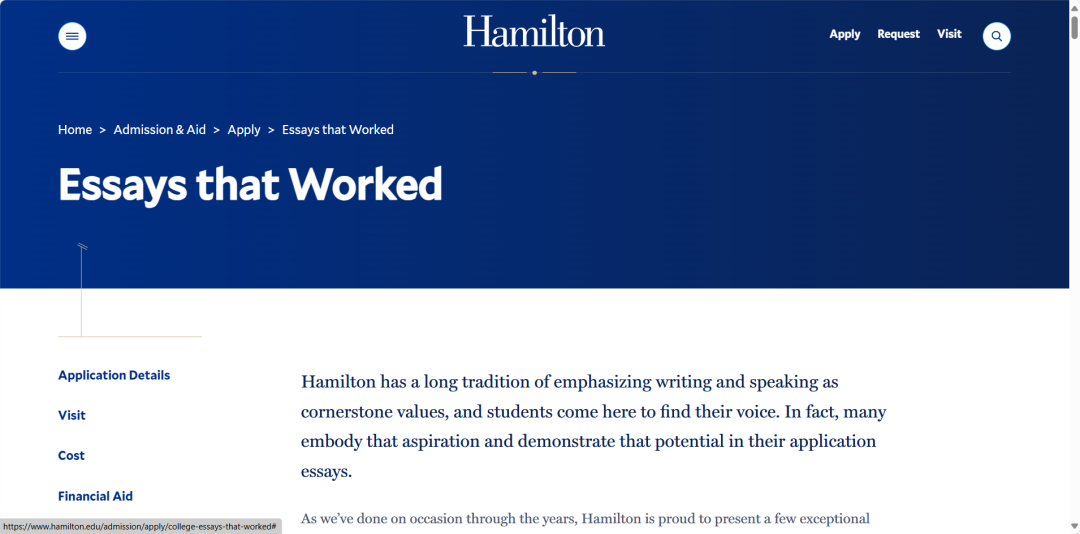
汉密尔顿学院官网“Essays that Worked”板块的界面
找不到适合的文书案例?试试这几个网站!
1、纽约时报从2014年开始,连续公布一些优秀的申请文书
https://www.nytimes.com/2021/06/18/your-money/college-essays-on-money.html

2、AdmitSee
https://www.admitsee.com

这是一个写文书必备的网站,没有一个网站能够比AdmitSee更全面。这个网站文书服务是付费分享模式。用AdmitSee的好处是,能获取海量高质量的文书,而且可以找到目标学校、标化背景等综合实力相近的文书案例。
3、College Essay Guy
https://www.collegeessayguy.com/

网站提供了很多成功的大学申请文书样本,同学们可以通过参考这些样本来了解真正优秀的申请文书。同时网站还提供了一份终极指南,让同学们可以依样画葫芦。
4、Scribbr
https://www.scribbr.com/
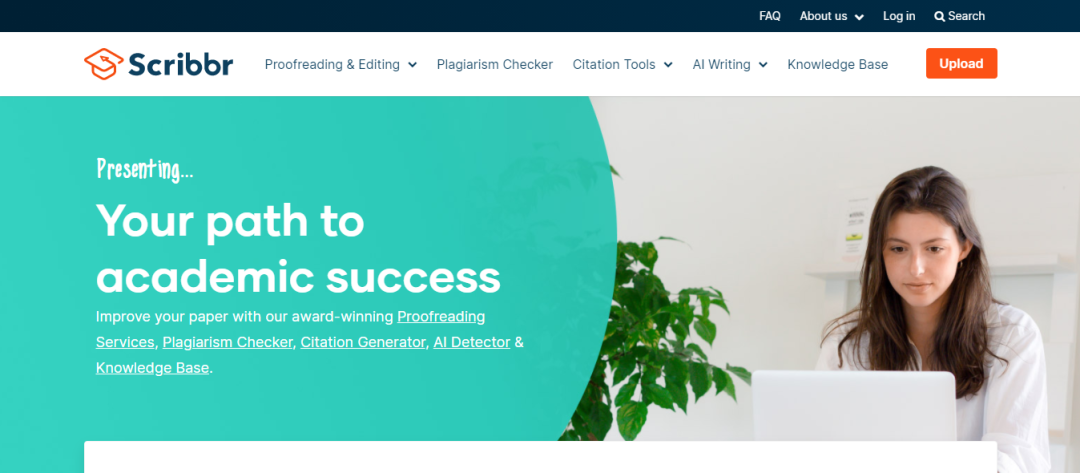
Scribbr为文书的格式化和结构化提供了思路,里面有很多通过生活经历来展现个人性格特点的真实事例。同时可以纠正语法,有很高的准确度,还能优化模糊用词表达,检查句子中多余的单词,不过修改有局限性,只能作为参考。


